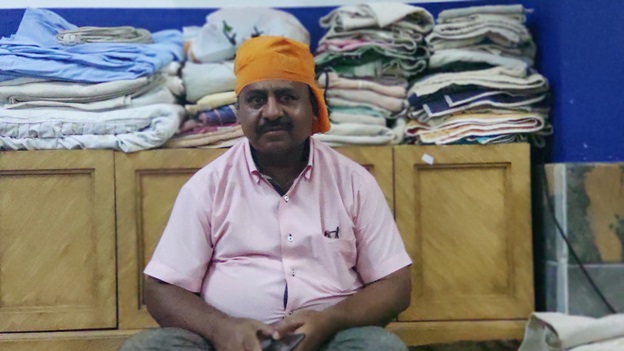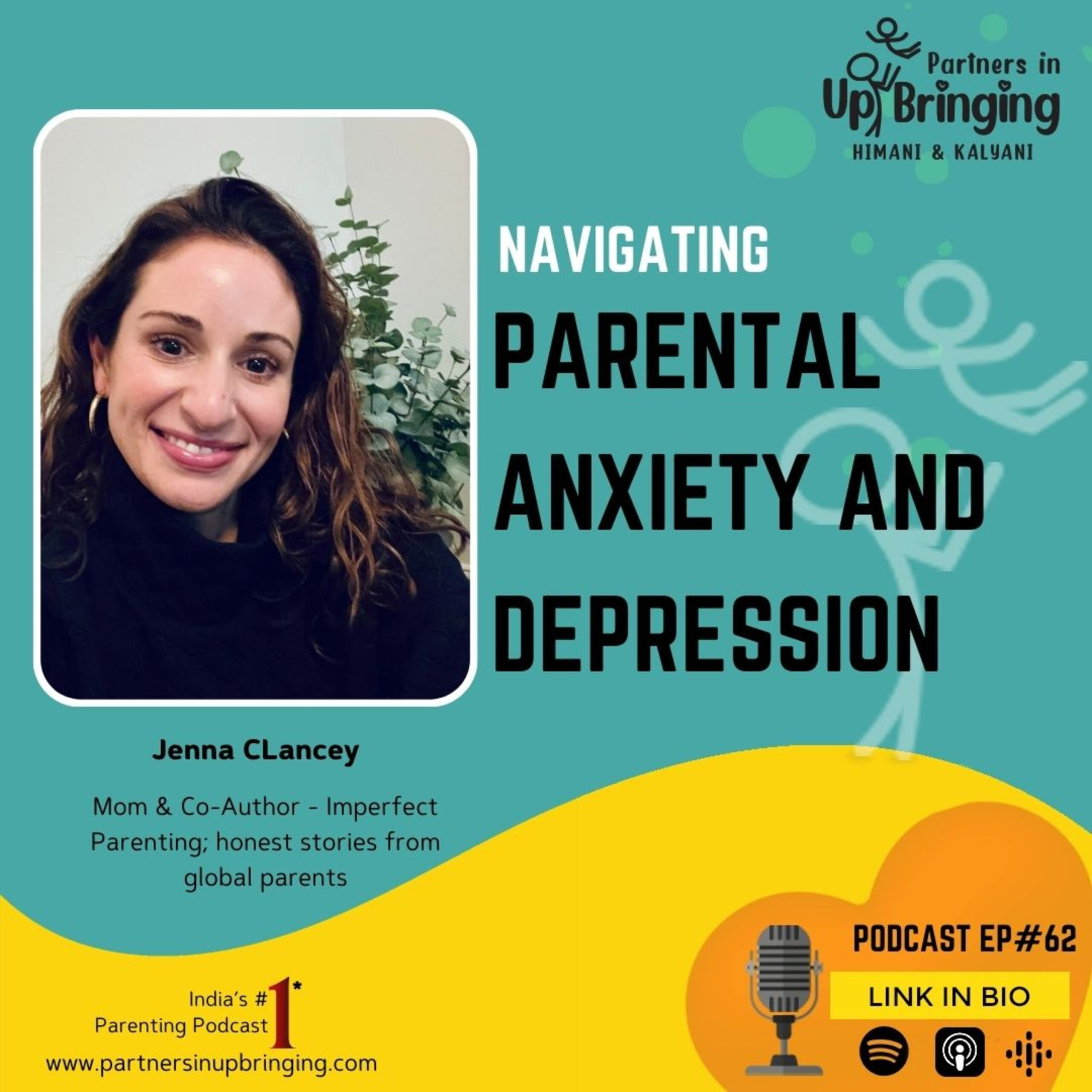Lebanon’s migrant workers left in limbo during worst economic crisis in decades
By Savraj Kaur, 16-08-2020, Beirut, Lebanon.
Rania, a 24-year-old Lebanon-born Punjabi speaks to me as she overlooks a panoramic view of Beirut, the coastal city once branded ‘Paris of the Middle East’. “I’m fluent in English, French, Arabic, Hindi, Punjabi and Spanish, have a Diploma in Translation, and experience as a private tutor. But it’s impossible for me or anyone else here to get work”.
The past ten months have seen Lebanese pounds, the local currency, in a deep state of collapse whilst the cost of goods rise, businesses close, and many struggle to afford even the most basic of foods. The crisis has been exacerbated by covid-19 measures, this month’s shocking port disaster which left critical infrastructure destroyed, and citizens protest which led to the folding of the central government.
“It’s never been easy for Indians here. We can’t ever get citizenship and I’m often told I should aim to be a maid because the jobs I am qualified for are reserved for Lebanese nationals”. But her situation is still more fortunate than other migrants; her father still earns a portion of his wage, whilst many other workers have been left jobless or declined pay and begin to live in some of the hardest poverty they’ve experienced.
We go to meet Kathiresan, a 67-year old Tamil who arrived to work in the capital’s construction sector 30 years ago. Sat in a smart pink shirt, he explains that early on Lebanese people saw Indians as ‘jungle people’. “We proved that untrue by showing we are an intelligent and vital workforce, especially supporting the country through the civil war. There weren’t many outsiders before the 90s but since then a boom in labour from African and other Asian countries means competition has grown, and that our already low pay has been diminished even more.”
“I used to go home to Chennai every year or two. But right now I can’t afford to visit or support my family’s needs there. Lebanon never welcomed professional workers from India, only labourers. Now, our position as workers is very weak, and after a while nobody will even have money for food. We will start starving. It’s total chaos.”

The local work visa system adds fuel to the fire, as employers hold the authority to process vital paperwork. Common abuse of the system means many migrants are being misled about their legal status. “There is no recognition for our basic rights and nowhere to air our grievances. In the end, it’s always our employers who hold all our power.”
Simarjeet, 22, meets us sitting cross-legged on his single mattress in Beirut Gurdwara. Since arriving in October, his employer has refused his repeated requests to share proof of his permit to work. It’s a far cry from his expectations to be his farming family’s ticket out of poverty in Punjab.
“I met an agent in India who promised a decent job with on-site accommodation, and so I came here with an open mind. But after landing here, I realised this was untrue, and was almost homeless.”
The Gurdwara now hosts Simarjeet along with 13 other men who face crisis. “We all share one bathroom but it’s okay because we have a roof and food here. It wouldn’t be possible to find any other way. I work 17-hours a day, for $100 per month and l still owe my agent four lakhs ($5,300).”
Everyone knows it’s time to leave for the motherland, and fast, but it’s wondered how any such journey might be possible at all - because even if one does have the correct paperwork, flights to India are wildly unaffordable and covid-19 has presented further travel restrictions.
Kathiresan adds, “We need help. We cannot expect this government to support us through this period. We need our Indian government to support us with repatriation. Not via another Middle Eastern country, but through direct response to our situation.”
Until then, no end in sight remains for the 9,000 plus that remain in limbo.
-------------------------------










